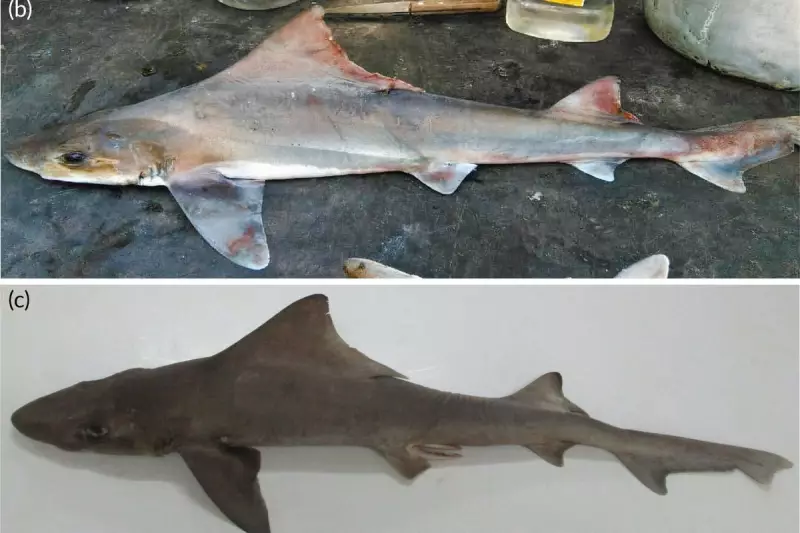
In a discovery that has sent waves of excitement through the scientific community, a shark species believed to be lost to time has been miraculously found alive. The False Catshark (Apristurus ampliceps), not seen for over a decade and feared extinct, has been rediscovered in the deep waters off the Scottish coast.
The incredible find was made not by a high-tech submersible, but by a routine fisheries survey conducted by Marine Scotland. The team hauled in a large, unusual-looking deep-water shark from a depth of over 1,000 metres. Its distinctive features—a broad, flattened head, large green eyes, and a formidable size—immediately signaled this was no ordinary catch.
A Case of Mistaken Identity
For years, the False Catshark has been shrouded in mystery. So rare were sightings that it was often confused with other deep-sea species. Dr. Francis Neat, head of the discovery team, explained the significance: "This is a remarkable find. It shows how little we know about the deep sea and that we shouldn't be too hasty to write species off."
The shark was identified, measured, and photographed before being safely returned to the ocean, providing invaluable data for researchers.
Why This Rediscovery Matters
This isn't just a thrilling story for marine biologists; it's a beacon of hope for global conservation efforts.
- Hope for 'Lost' Species: It proves that species classified as extinct can still be surviving in the vast, unexplored depths of our oceans.
- Deep-Sea Mysteries: The event underscores how much of the deep ocean remains a mystery, acting as a final frontier for biological discovery.
- Conservation Impact: The data gathered is crucial for reassessing the shark's conservation status and implementing measures to protect its deep-sea habitat from threats like deep-water trawling.
The rediscovery of the False Catshark serves as a powerful reminder of the resilience of nature and the critical importance of continued exploration and conservation of our planet's most remote environments.





